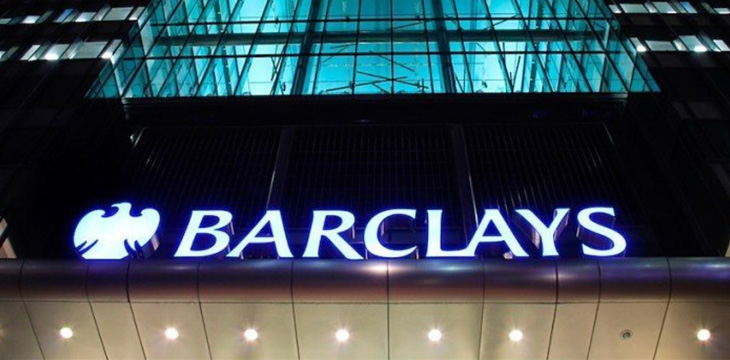|
Getting your Trinity Audio player ready...
|
British banking giant Barclays has dismissed reports that plans are in motion for its own crypto trading desk.
Business Insider recently reported that two of Barclays employees, Chris Tyrer and Matthieu Jobbe Duval, had listed cryptocurrency-related responsibilities on their LinkedIn profiles. Tyrer was reportedly appointed by Barclays to lead its Digital Assets Project, while Duval wrote that he was “hired to produce a business plan for integrating a digital assets trading desk into Barclays’ markets business: revenue opportunity, competitive landscape, budgeting and planning for delivery, I.T. buildout, capital & balance sheet impact.”
When sought for comment, however, Barclays told CoinTelegraph that it has “no plans for a crypto trading desk.”
Duval has since removed the information detailing to their jobs, although both of the employees’ LinkedIn profiles still showed their “digital assets” positions at Barclays.
Since early this year, the British banking giant has been hounded by reports that it is exploring cryptocurrency options. In April, rumors circulated that Barclays has been sending out feelers to its clients in an effort to gauge whether there is enough of a market for Barclays to get into the game.
Barclays, however, remained on the crypto sidelines with CEO Jes Staley reportedly telling a shareholder that he’s sceptical of the technology due to potential issues with compliance and regulation.
Barclays is one of the world’s largest banks with almost 120,000 employees around the world and reports over £21,000 billion in revenue. Dr. Lee Braine, a senior executive from the Investment Bank CTO Office at Barclays, recently opined: “There are clearly tremendous opportunities for startups in the blockchain space. For investment banking, blockchain-inspired solutions such as shared ledgers and smart contracts should aim to meet the enterprise-scale architectural non-functional requirements [….] Different banks implement executable business logic, often operating in a similar way, within their bank. The opportunity here is for executable business logic common across banks, and shared ledgers may provide one potential way of achieving that.”

 02-24-2026
02-24-2026 




